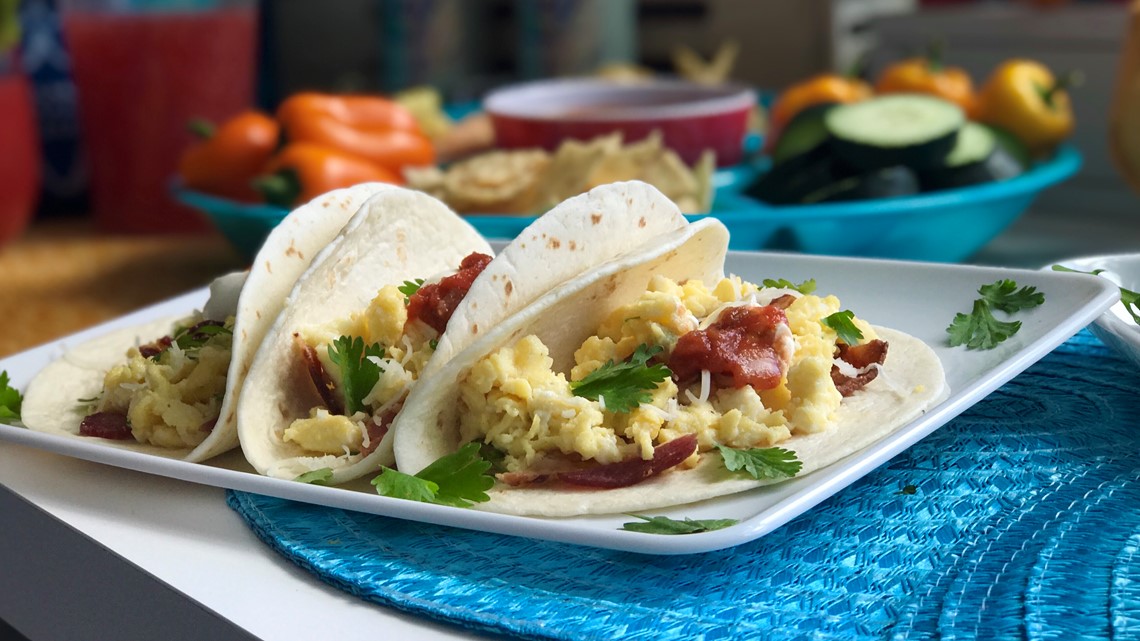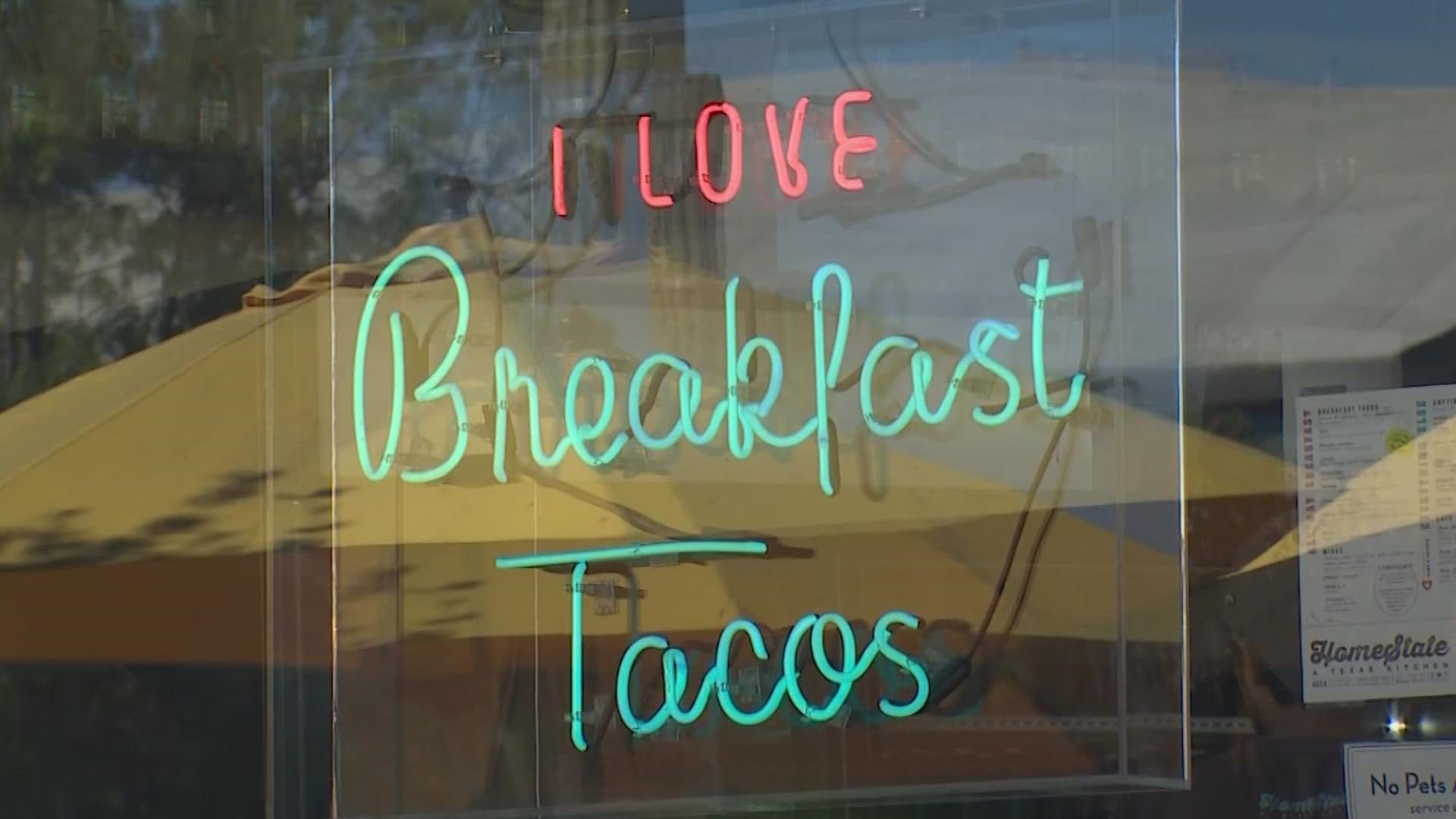HOUSTON — Think about the traditions, food, clothing and music that make Texas so unique. If cowboys, ranching, breakfast tacos and the Alamo are top of mind, know that all those things are rooted in Hispanic heritage.
From the rodeo to our famous hospitality, University of Houston history professor Raúl Ramos says, “Texas would not be Texas if it weren’t for Latinos.”
Ramos, a native Texan says, “Hispanic Heritage Month is a time to make visible what in everyday life is invisible.
“This part of the United States and by this part I mean Texas and the American Southwest, they’re the product of a war. The United States invaded Mexico in 1846. And I think Americans forget that," Ramos said.
MORE COVERAGE: Hispanic Heritage Month
Texas and Tejas mean friend
He says we often talk and think about places like the Texas/Mexico border as if it was always along the Rio Grande. But so much of the Lone Star State is rooted in Hispanic and indigenous culture.
“I mean, the word Texas is not a Spanish word, it’s an indigenous word.”
History experts say Texas means friends. The word evolved from the indigenous word "Tayshas" to the Spanish word "Tejas" to Texas.
“So we see our town names -- San Antonio, El Paso, even places like San Felipe -- those are names that come out of the Mexican period, the Spanish period, when Texas became known for agriculture and ranching.
Ranching, rodeos and breakfast tacos
“The big ranches were always run by Mexican cowboys, right? Vaqueros. The word vaca means cow. So vaquero literally means, cowboy.”
When you attend the Houston Livestock Show and Rodeo, “rodeo comes from the word, rodeo which is a Spanish word.”
Ramos explains that much of the Hispanic culture has become a part of the state’s background. Things so many Texans do every day.
“If you go out for breakfast, you go out for breakfast tacos. That’s just something you do,” Ramos said. “You don’t think you’re doing something Mexican. You think you’re doing something local.”


Hola. Como estas?
Texans also know and use quite a bit of Spanish words in everyday conversation, even when they're not truly bilingual. Hola, gracias, como estas and que paso are some of the Spanish words and phrases that don’t need translation.
“Even the most popular songs on radio are in Spanish,” Ramos said. “As more people become accustomed to that, it doesn’t seem strange or foreign, and it really reconnects with the fact that Spanish has been here from the beginning and has always been here. So Spanish is not a second language to the United States, it’s an American language.”
'We’ve been here all along'
Which is why Hispanic Heritage Month is so crucial. It creates an opportunity to learn.
“Our history has often been made invisible. And then when Latinos come up, it’s like we came out of no where. We’re surprised, like how did we get here? When if you look at it, all along the way, it should be no surprise. Because we’ve been here all along,” Ramos said.

